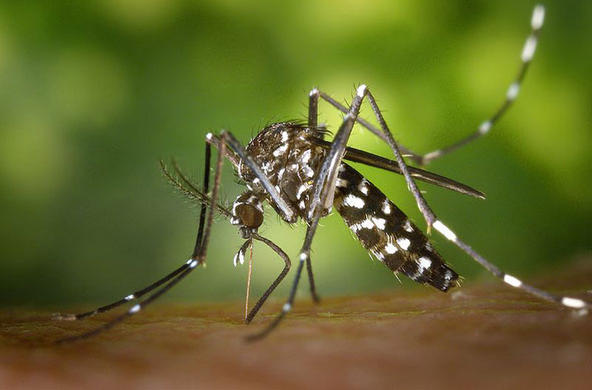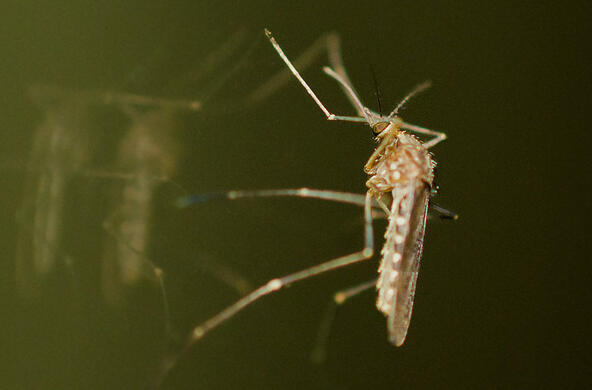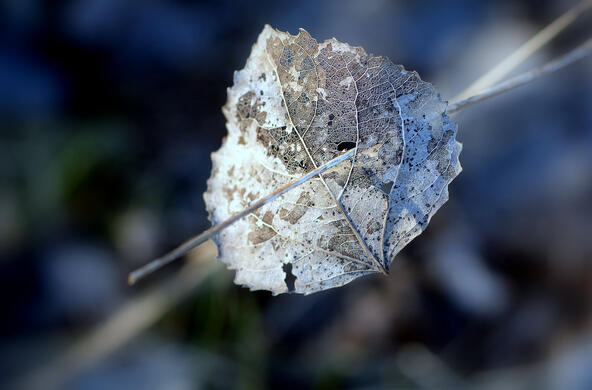- Profile
- Past Projects
- Publications
Shannon LaDeau works at the interface of ecology and disease. Her research explores how environmental conditions shape populations of disease-carrying animals such as mosquitoes and ticks, to reduce human exposure to Zika, West Nile virus, Chikungunya, Lyme disease, and other infections.
LaDeau’s work in urban ecology focuses on quantifying mosquito abundance and biting behavior, modeling transmission risk, and predicting vector populations’ response to environmental change - with an emphasis on how human behavior impacts mosquitoes. By unraveling how built and green spaces influence mosquito numbers block-by-block in Baltimore, she is advancing the science needed for effective mosquito control. This work strives to heal legacies of environmental injustice that have left poor and minoritized urban residents more vulnerable to mosquito-borne diseases.
Other projects include modeling techniques to reveal how climate change influences tick populations and Lyme disease risk throughout the US eastern seaboard, ecological forecasting methods that better predict ecosystem-wide response to climate change, and factors that influence transmission of a virus threatening salmon in the Columbia River Basin.
LaDeau is an Associate Editor-in-Chief for the Ecological Society of America’s journal Ecosphere.
-
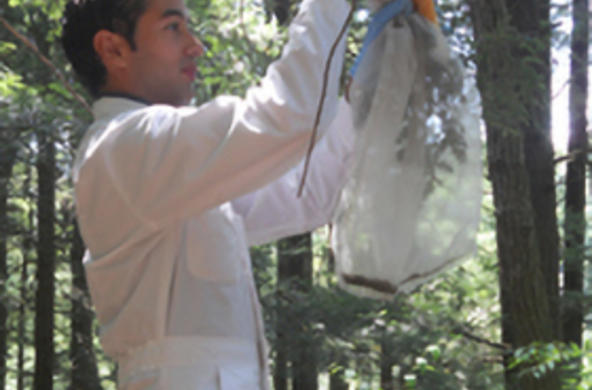
Effects of Invasive Hemlock Woolly Adelgid on Northeastern Forests
-
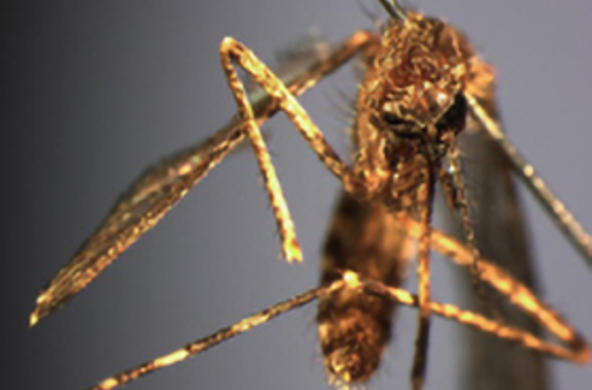
Spatio-Temporal Variation in West Nile Virus Intensity
-

Baltimore Ecosystem Study
A ground-breaking urban ecology project, the Baltimore Ecosystem Study investigates the ecological, cultural, and economic forces that shape the environmental quality of urbanized areas.

